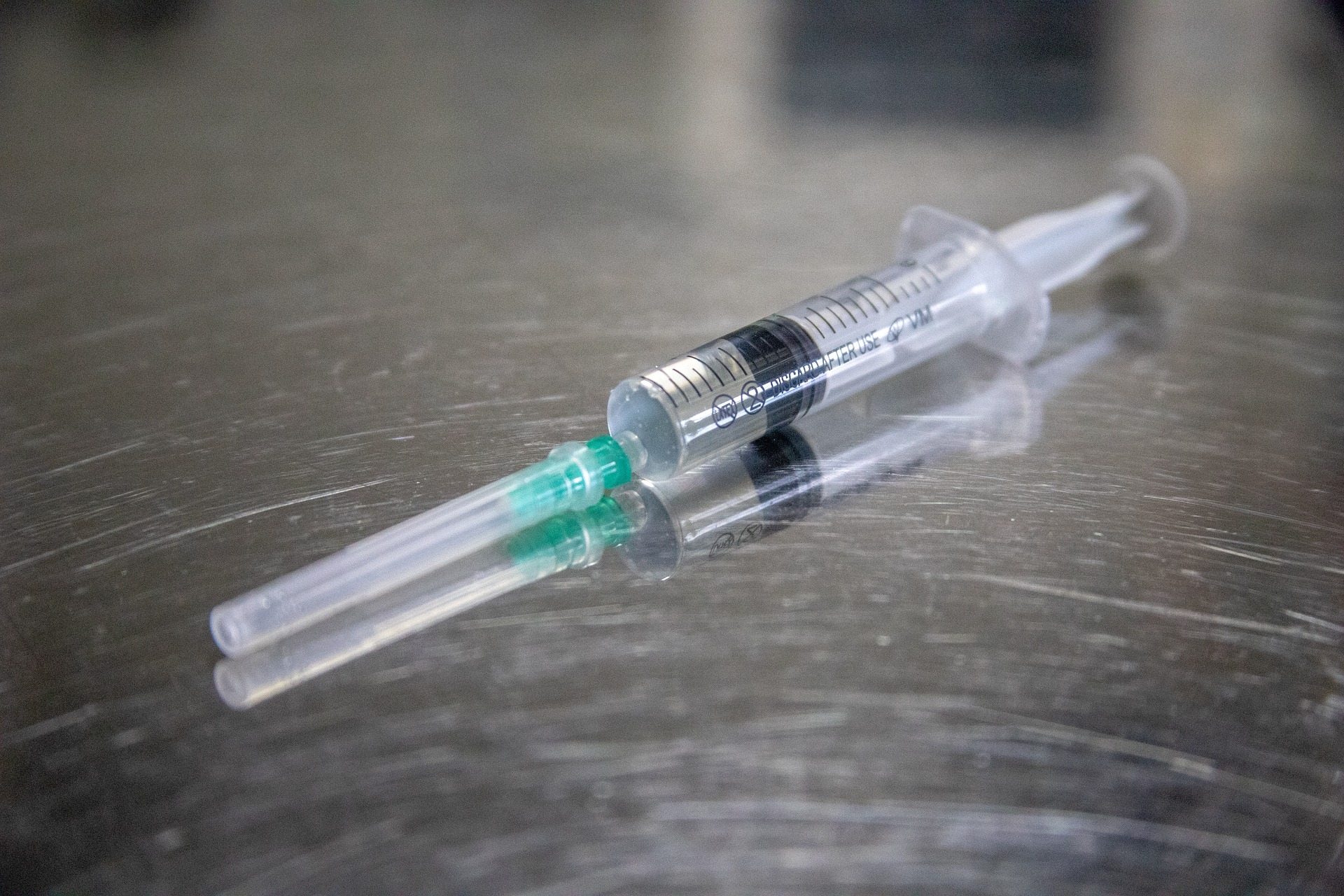Following World HIV Day, a Phase 1 clinical trial has provided promising results for a HIV vaccine, say international researchers.
They say this vaccine, tested in humans, elicits the creation of broadly neutralising antibodies (bnAbs), which can recognise the globally diverse strains of HIV, and could protect against infection. They say this trial induced bnAb-precursor responses in 26 of the 27 vaccine recipients (97%).
Our colleagues at the AusSMC asked experts to comment on the paper.
Associate Professor Clive Aspin, Faculty of Health, Te Herenga Waka Victoria University of Wellington, comments:
“This is exciting news, especially for those people who have borne the brunt of the HIV pandemic – indigenous people, women, people in resource poor countries.
“Now is the time for these researchers to be planning how this vaccine will reach these people and contribute to a reduction in the HIV disparities we see around the world, including in New Zealand and Australia where the indigenous peoples of both countries experience worse HIV outcomes than others.
“The recruitment process for this study suggests the researchers need to build effective engagement with adversely affected communities to ensure that the vaccine roll-out achieves its maximum impact and reaches those communities that are in greatest need of a vaccine.
“The science behind the development of this vaccine is important but just as important is the engagement with affected communities, especially those which have been most affected.
“It is sobering to think that this clinical development has been 30+ years in the making and that scientists have devoted their entire careers to this approach. One would hope that the same amount of time and energy has gone into effective implementation once the breakthrough has occurred.”
No conflict of interest.
